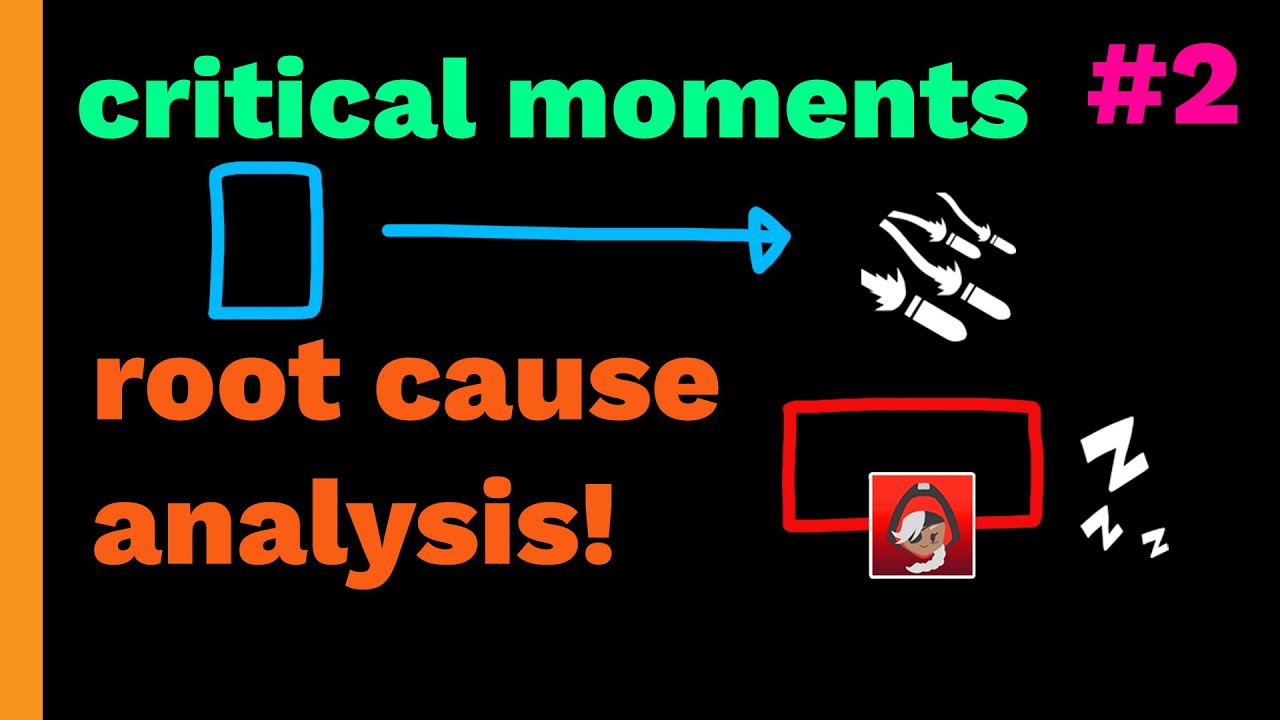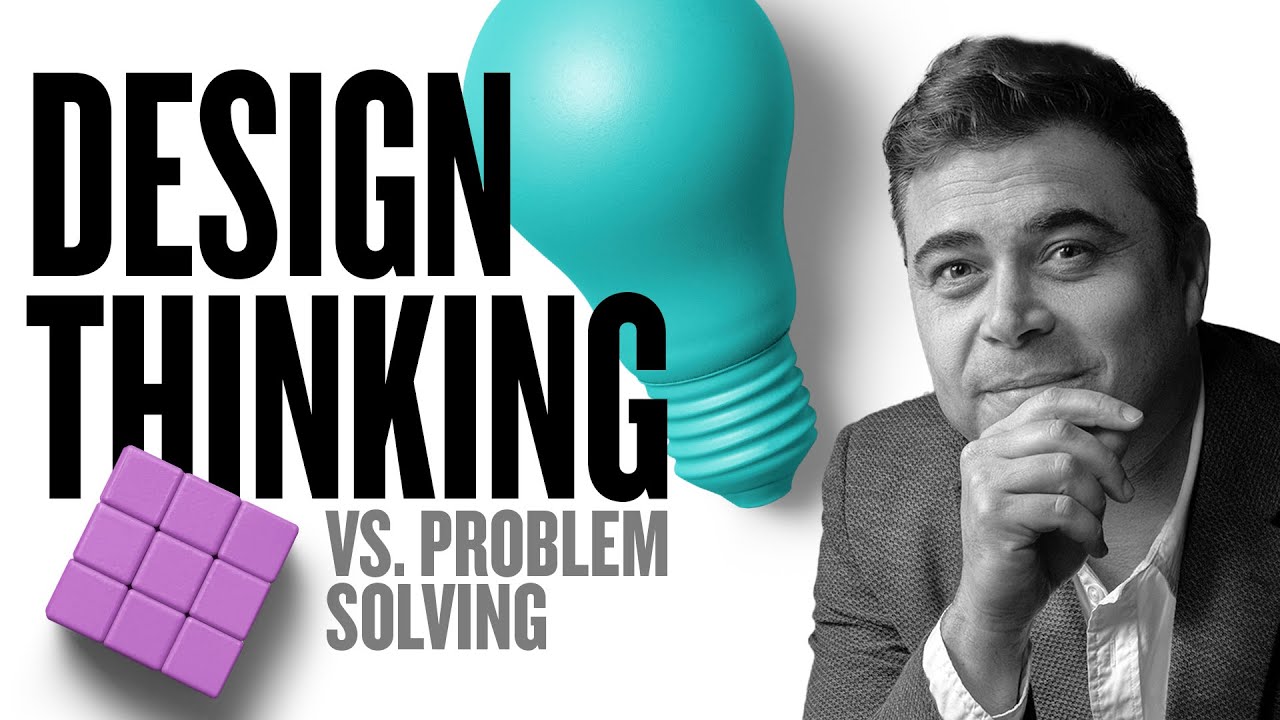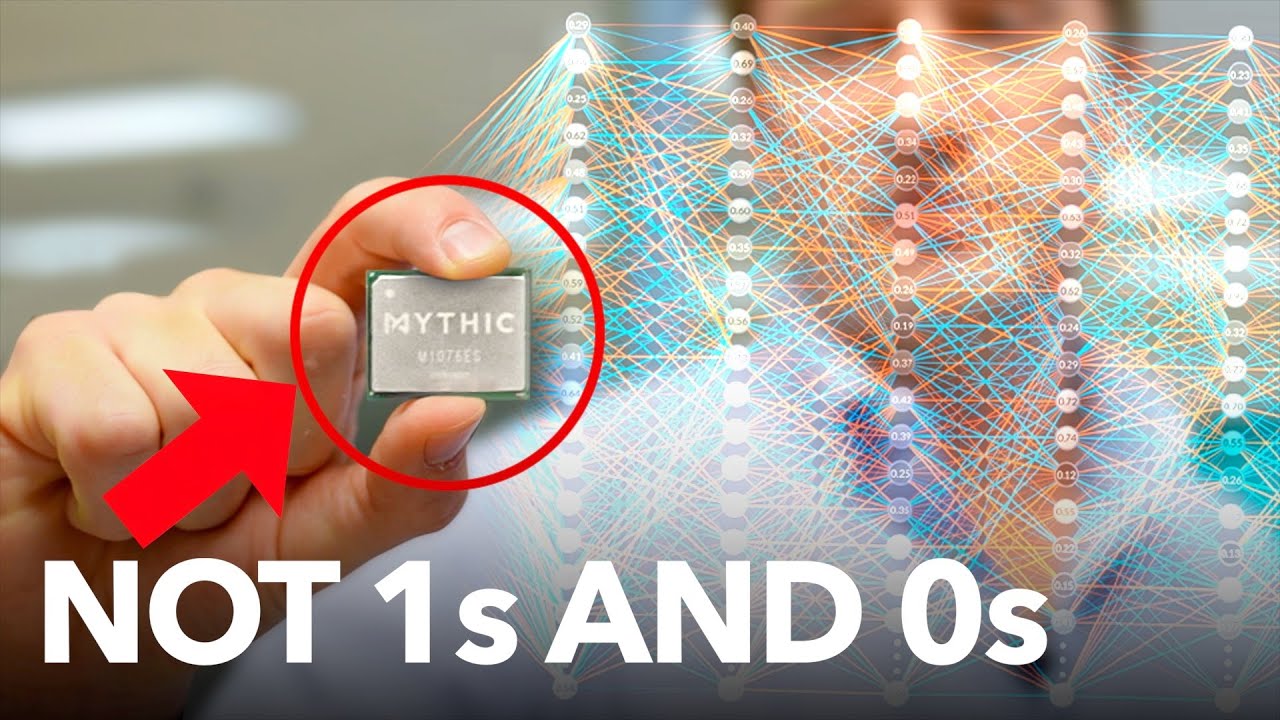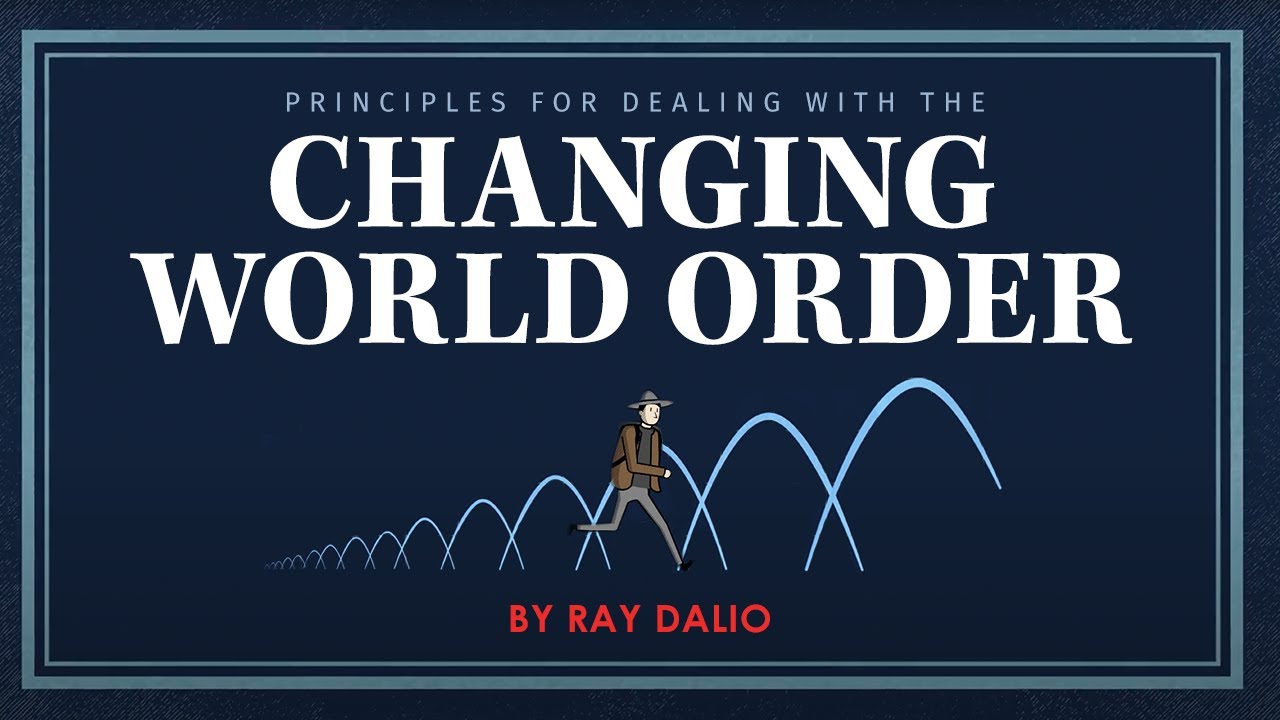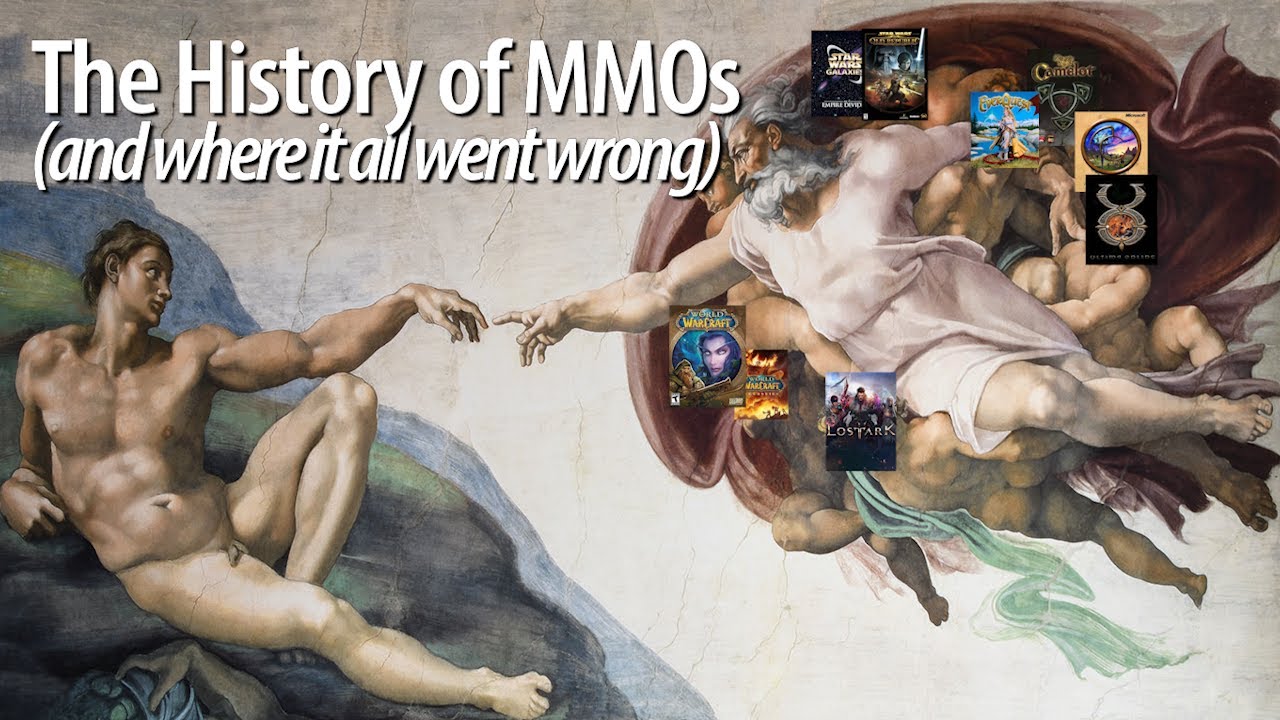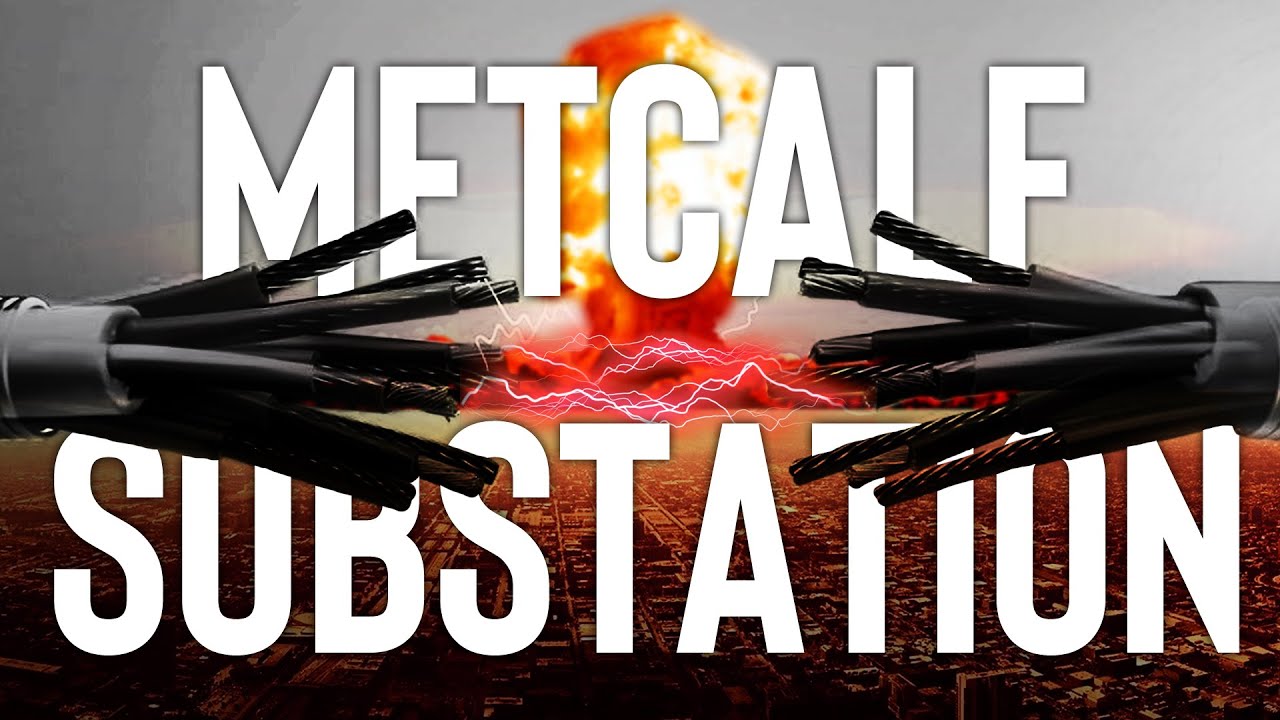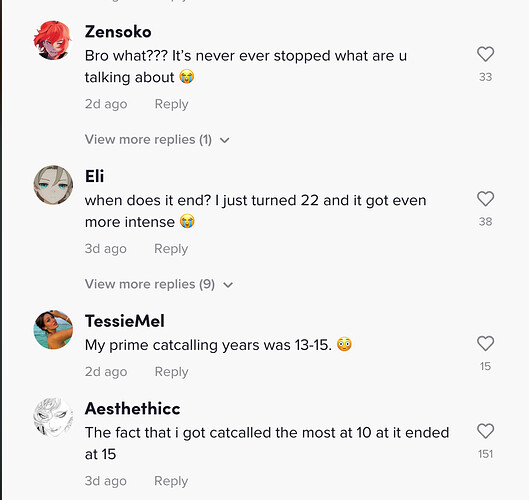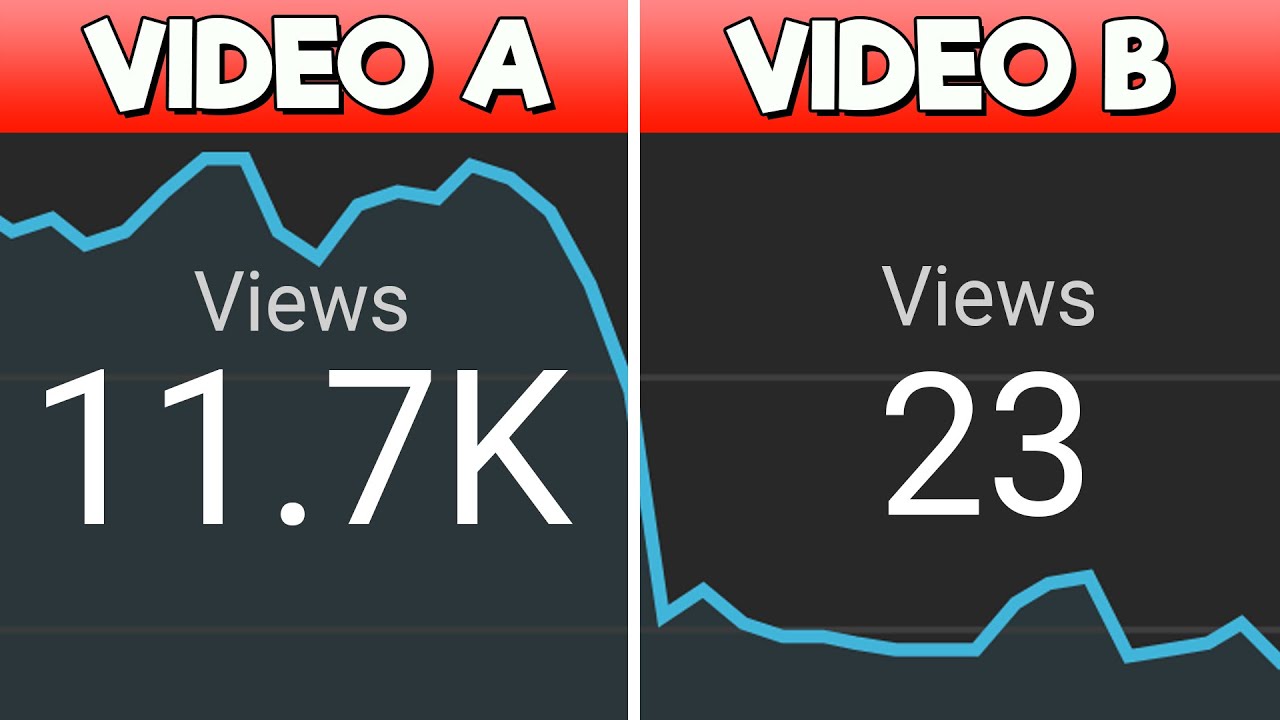There is the possibility that the wife is unreasonable and not putting enough effort into discussing the issue of division of labour in the relationship. Rightly or wrongly, I think the husband thinks that he is pulling a lot of the weight in the relationship, and he’s upset that his wife isn’t doing more to help make his chaotic, stressful and potentially traumatic work life easier:
he complains I’m not doing enough
When she first thought of the idea of premaking meals she said:
His response to this idea is “whatever”.
Which seems to suggest there was already a problem there. He didn’t like the idea, or he saw it as part of a pattern in their relationship that he’s unhappy with?
Also, this is the wife telling the story. The unreliable narrator concept tells us we should expect the story to be skewed towards making her look good, and him unreasonable. We can’t be sure he didn’t say something more elaborate, had a hard time having a productive discussion with his wife, and then dropped the discussion when it was going nowhere. That’s more nuanced than just shrugging of her idea with a “whatever”.
She might also have not have made it clear that she was actually going to do it and change how they do meals and stuff. She may have just mentioned the idea.
What’s not clear whether this happened on the first night that she did the meal prep, or after a couple nights, or more. It’s presented as if this was the first night.
It might have been a shock to him to get home and find that she had done this plan. She does say she did an entire 2 days of meal prep. You would notice someone doing that, though she may be exaggerating. And he might’ve been out the house when she was doing it anyway.
He starts laughing sarcastically which got me mad.
Being indirect about a disagreement like by sarcastically laughing is toxic. That sucks. She admits she got mad.
I start arguing with him after he complains I’m not doing enough and refuse to reheat it then I go back inside the bedroom and shut the door.
She uses the term ‘argument’ and not ‘discussion’ so I imagine that it was kinda heated? She did say she was mad. I think it’s normal to use the term argument in a negative way.
So a way to interpret this is she’s playing more a part in making argument heated and getting mad than she is letting on.
An alternative view is that the husband has problems with the division of labor in the relationship that aren’t being addressed. His wife is changing things and not communicating well. She is playing a role in arguments becoming heated. They are both stressed and sleep deprived from their work and having a 6mo child. They’re not thinking and communicating well. They’re getting upset easily. They’re fighting. It’s complicated.
I think I have a milder opinion than I did initially. But do I think what he did is an order of magnitude worse than what she did? I think so. For example, I think coming home and yelling in the house at night to wake people up when you should know that there is a 6mo baby asleep is really fucked up.


